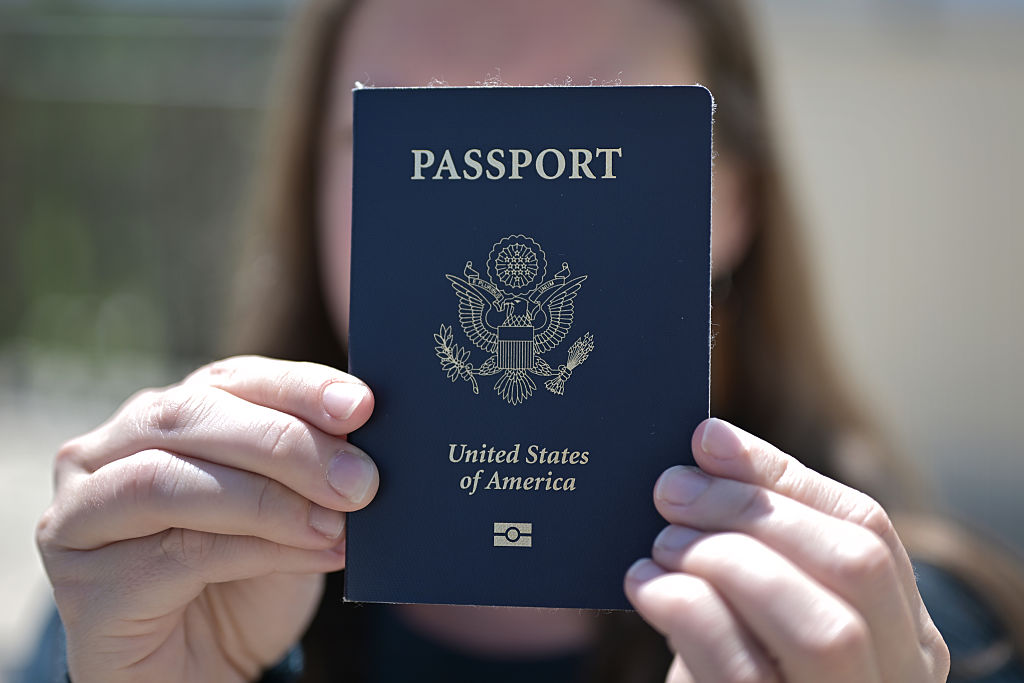A decade ago, the United States passport was seen as the most powerful in the world by the Henley Passport Index, which ranks nations based on the number of destinations a traveler can visit without needing a visa.
In 2025, however, the U.S. passport has fallen from grace, dropping out of the top 10 most powerful passports globally for the first time in 20 years.
[time-brightcove not-tgx=”true”]
The U.S. passport dropped from 7th place in 2024 and is now tied with Malaysia for 12th place, with 180 countries a traveler can enter without a visa.
Read more: What Makes Some Passports More Powerful Than Others?
Three East Asian countries now top the list of the most powerful passports, with Singapore, South Korea, and Japan having visa-free access to 193, 190, and 189 countries, respectively. Germany, Luxembourg and Italy are all tied for fourth place
There are several reasons why the U.S. has experienced a rapid decline, most of which are related to the Trump Administration’s strict new immigration guidelines.
“The declining strength of the US passport over the past decade is more than just a reshuffle in rankings — it signals a fundamental shift in global mobility and soft power dynamics,” Chairman of Henley & Partners Christian Kaelin said in a statement. “Nations that embrace openness and cooperation are surging ahead, while those resting on past privilege are being left behind.”
The report cites Annie Pforzheimer, Senior Associate at the Center for Strategic and International Studies in Washington, who said of the drop: “Even before a second Trump presidency, U.S. policy had turned inward. That isolationist mindset is now being reflected in America’s loss of passport power.”
She noted that a series of “legal and questionably legal barriers to travel and temporary residence” have raised “red flags” for travelers, and that Trump’s mass deportations,
Henley & Partners, a firm that specializes in helping families with citizenship and residence, cited a lack of visa reciprocity as a primary reason why countries fall down the rankings.
It notes that American passport holders can currently access 180 destinations visa-free, but the US itself allows only 46 other nationalities to enter without a visa. In April, Brazil ended visa-free travel for citizens of the US, Canada, and Australia, citing a lack of reciprocity.
It also notes rising costs of visas in the U.S, as the cost of the Electronic System for Travel Authorization (ESTA) nearly doubled on 30 September 2025, from USD 21 to USD 40.
Changes made by other countries pushed the U.S. further down, including expanded visa exemptions by China, which benefited many European nations included in the top 10, including Germany and France, but excluded the U.S. Changes in Papua New Guinea and Myanmar also moved rankings, as did Somalia’s introduction of a new eVisa system this year.
It also found an “unprecedented” surge in Americans seeking alternative residences and citizenship options, noting that by the end of the third quarter of 2025, there had already been a 67% increase in applications from U.S. nationals compared to the total for 2024.
The final blow, Henley says, was Vietnam’s exclusion of the U.S. from its recently released visa-free list.
The United Kingdom also dropped to its lowest ever spot—though it remained in the top 10 at 8th place.

